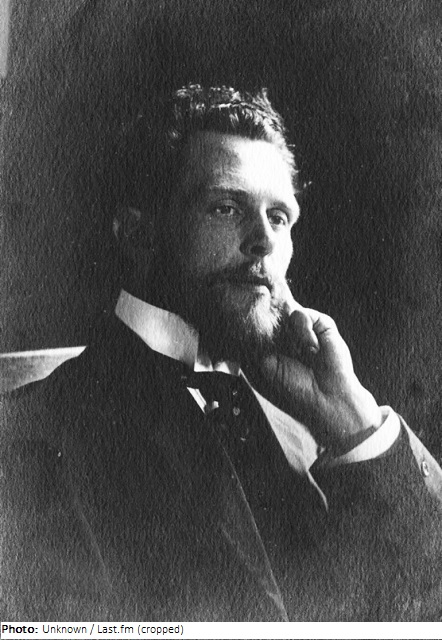
| Roles | Referee |
|---|---|
| Sex | Male |
| Full name | Joseph Marie Alphonse Nicolas•Jongen |
| Used name | Joseph•Jongen |
| Born | 14 December 1873 in Liège, Liège (BEL) |
| Died | 12 July 1953 (aged 79 years 6 months 29 days) in Sart-lez-Spa, Jalhay, Liège (BEL) |
| NOC |  Belgium Belgium |
Already at the age of seven, Joseph Jongen entered the Liège Conservatory, where he won first prizes in all academic subjects as well as for piano and organ. In 1891, he was appointed as a teacher of harmony and counterpoint. In 1894 he became full-time organist at the Church of Saint-Jacques in Liège, a post he later shared with his younger brother Léon (1884-1969). His awards included the Belgian Prix de Rome, which Joseph Jongen won in 1897 for his cantata Comala.
During a study tour of Europe that lasted several years, Jongen received composition lessons from Richard Strauss (1864-1949) and Vincent d’Indy. Upon his return, he quickly became known for his Fantaisie sur deux Noëls wallons (Fantasy on two Walloon Christmases). He first taught at the Schola Musicae Bruxelles and was appointed full professor of harmony at the Liège Conservatory in 1911. In 1909 he married the pianist Valentine Ziane (1883-1955).
After the outbreak of World War I in 1914, Jongen moved with his family to London. He performed as a pianist and organist, and put together a piano quartet under the name “Quatuor belge de Londres”. In 1919 he returned to Belgium and in the following year became professor of counterpoint and fugue at the Bruxelles Conservatory, of which he was director from 1925 to 1939. In addition, he also worked as a conductor. He became a member of the Académie royale de Belgique and a corresponding member of the Institut de France.
During World War II, Jongen lived in France but then returned to his country estate in Sart-lez-Spa in Belgium. The last years of his life were overshadowed by the disappearance of his son (1944/45) and the serious illness of his wife. He withdrew from the public and composed very little.
An outstanding organist, Jongen’s compositions included the Symphonie concertante op. 81 and the Sonata eroïca, both for organ and orchestra. Although he did not use modern effects at first, Jongen succeeded in giving an original touch to his harmonic style, influenced by the school of César Franck. His style later occasionally approached, without actually being experimental, atonality and other modern idioms. He was also concerned with choral singing and Walloon folk song. His brother Léon was also a composer and conductor and succeeded Joseph as director of the Brussels Conservatory.
| Games | Sport (Discipline) / Event | NOC / Team | Phase | Unit | Role | As | |
|---|---|---|---|---|---|---|---|
| 1924 Summer Olympics | Art Competitions |  BEL BEL |
Joseph Jongen | ||||
| Music, Open (Olympic) | Final Standings | Judge |